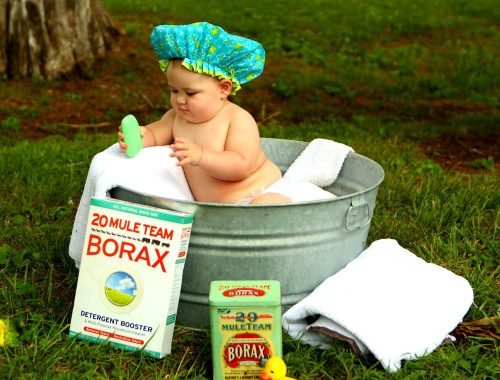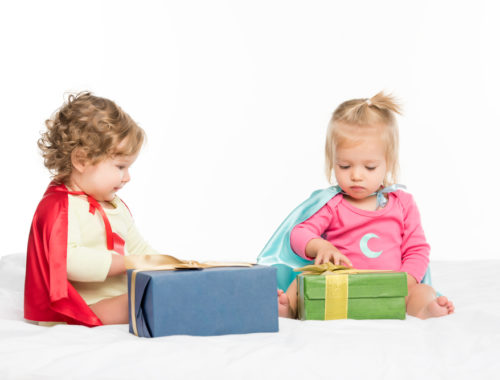Reading to your babies and kids is one of those important things like brushing teeth and eating veggies that can sometimes slip by the wayside (or can give your mother-in-law fodder for more unwanted advice). UrbanMommies loves books (make sure you check our Get Reading section regularly), so we asked a child reading specialist for some helpful tips on making sure your kids are well versed (so to speak) in reading.
1. Read to your child as soon as they can focus on a book in front of them. Although they may not understand the finer points of the story, they are learning concepts of print: how to hold a book, how to turn the pages, where to start a book. As they grow older, they’ll begin to understand that the words on the page carry a message which is linked to the pictures in the book.
2. Allow your child to turn the pages and touch the book – books with different textures or flaps they can open will increase their interest and allow for their need to move and explore.
3. Expose your child to the cadences of language – read with expression and try different voices when characters are talking. If you’re reading a rhyming book, let your child guess the word at the end of the line (ie. I do not like green eggs and ham, I do not like them, Sam I…..). If there is repetition in the book, let your child recite the repeating lines (“Bang, bang, rattle, bang-bang, gonna make my noise all day!”).
4. Do not limit reading to bedtime. Seek out reading experiences in the real world – read signs and posters around the neighbourhood. Children can recognize “stop” on a stop sign or the name of favourite restaurant. Have them read cereal boxes, shopping lists, price tags and toy store flyers. You may even want to make labels with your child for things around the house like “chair,” “window,” “fridge” etc.
5. When your child is beginning to read simple books, let them use the picture to help make sense of the words on the page. Many parents make the mistake of covering up the picture, but at this early stage, children need to use a variety of different strategies to figure out the text.
6. Allow your child to read many different types of texts: fiction, non-fiction, magazines, the internet, comic books etc. Boys, especially will appreciate outside the mainstream books like Captain Underpants or The Day My Butt Went Psycho. And don’t worry if they’re just looking at the pictures. Think about how adults browse at the bookstore – we flip through the pictures, read a few captions – it’s a very real way of reading.
7. When your child is reading by themselves, listen to them read out loud, but be cognizant of when it is becoming too difficult or they’re getting tired. Offer to finish reading, or share the reading. And once they’ve started reading books by themselves, don’t give up on you reading to them. Choose books they might not be able to read independently, like novels, and read a little bit each night.
8. If you find your child is struggling to read the books they’re bringing home from school, talk to the teacher. Children will learn to read and enjoy reading if they read books that give them some challenges (figuring out a few new words), but they may become discouraged if they are spending most of their time decoding words and therefore will lose the meaning of what they are reading.
Steph Dawson is an elementary school teacher in Toronto with a specialist qualification in Reading.




Well said. Very useful tips!